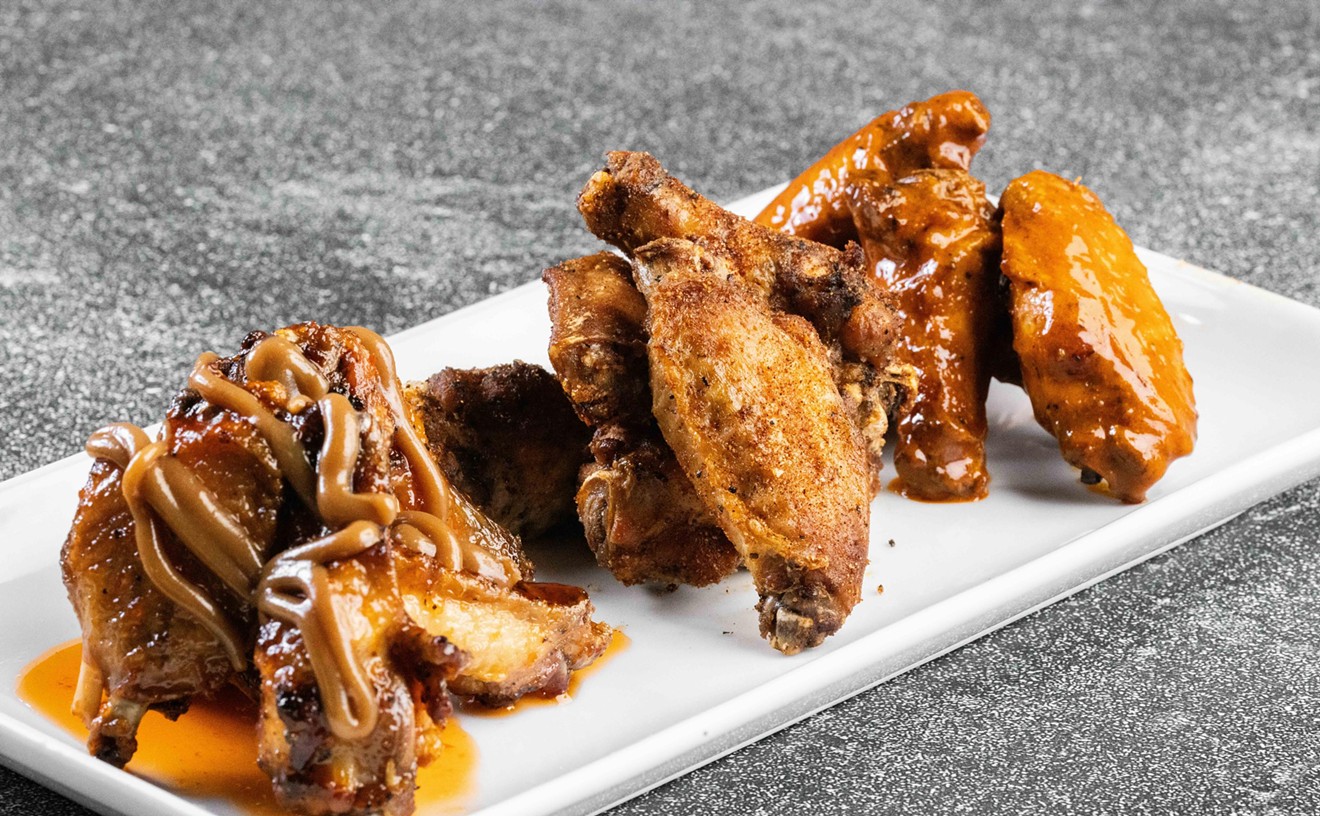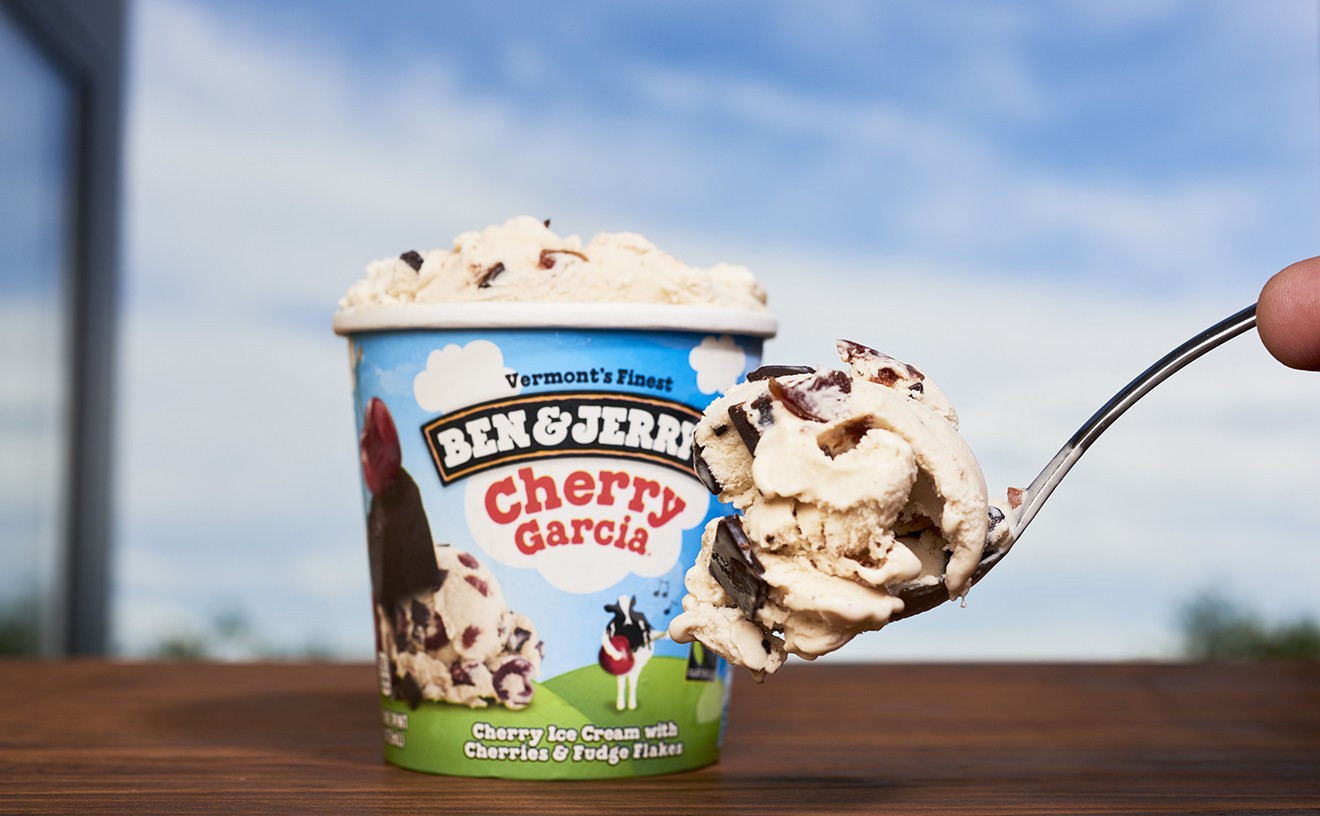Valentine's Day means chocolate, Thanksgiving means turkey and Martin Luther King Jr. Day means somebody gets in trouble for serving fried chicken.
Last year, the Denver Public Schools issued an apology for putting "Southern-style chicken" and collard greens on its cafeteria menu under the heading "In honor of M. L. King." A school system spokesman called the lunch "highly insensitive in light of certain hurtful cultural stereotypes."
"For me, it's heartbreaking for Dr. King and all he did and what he is about is now reduced to the 'I Have a Dream' speech and now chicken," Lecia Brooks, interim director at the Civil Rights Memorial Center in Montgomery, Alabama, told The Denver Post.
While the Denver schools may have bungled its culinary commemoration, the instinct to mark an occasion with food is nearly universal. Although a holiday can survive without an edible component -- few Americans bake a cherry pie for Washington's Birthday or serve MREs on Veteran's Day -- most holidays considered significant are associated with eating (or, in the case of some religious holidays, not eating.) When people come together around a table, as they tend to do on holidays, the question of what to put on it inevitably follows.
But because Martin Luther King Jr. Day is a new holiday, and because issues tied up with race are always hard, Americans are still puzzling out the answer to that question. There is no tradition yet.
Esteemed culinary historian Jessica Harris, author of the newly released High on the Hog: A Culinary Journey from Africa to America, suspects holiday observers will forge their own food traditions. As an example, she cites the Moroccan meal she eats in Paris every January 18 to mark her late mother's birthday. Her mother wasn't French or Moroccan, but, she says, "I celebrate my mother with a Moroccan meal because it commemorates something we did together."
Holiday menus can be "quirky and familial," Harris says. So one person might make fried chicken his Martin Luther King Jr. Day dish, since it was a dish King enjoyed. Another holiday observer could choose to honor the black-owned Southern restaurants where King and his fellow civil rights leaders gathered by feasting on ham hocks and macaroni and cheese.
"If a culinary component is added, I hope it will celebrate the foods of African-Americans," Harris says. "Maybe this is a holiday on which to patronize and support African-American restaurants."
Or maybe some other culinary ritual will ultimately emerge. As Harris says, "I think, frankly, it will become the holiday it will become."










